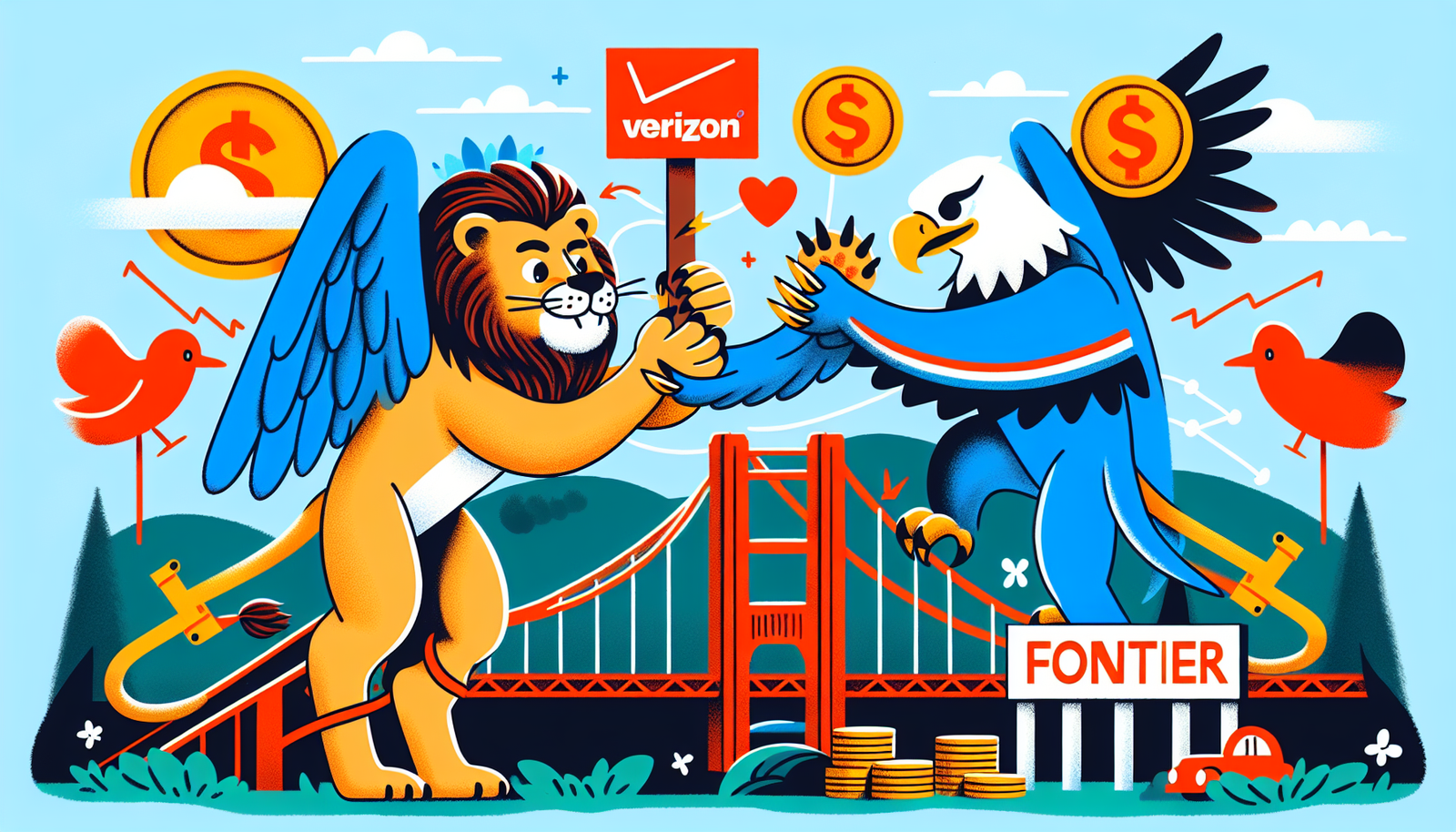Verizon’s New Low-Cost Broadband Plan to Secure Merger Approval in California
In a strategic move to facilitate its $9.6 billion acquisition of Frontier Communications, Verizon has agreed to offer a low-cost broadband service aimed at low-income residents in California. This plan includes a $20-per-month fiber-to-the-home service, providing symmetrical internet speeds of 300Mbps, alongside a similar-priced fixed wireless service with download speeds of 100Mbps and upload speeds of 20Mbps.
The commitment to these service offerings is outlined in a joint motion submitted by Verizon and the California Public Advocates Office to the California Public Utilities Commission (CPUC). According to the agreement, Verizon must maintain these plans for a minimum of ten years and make “commercially reasonable efforts” to enhance the service speeds while preserving the $20 price point after three years.
Eligibility for these plans will be determined by specified income guidelines, allowing consumers to potentially access the service at no cost—especially when paired with California’s Lifeline program, which offers a discount of $19 for qualifying residents.
Infrastructure Expansion Beyond Frontier’s Plans
The settlement agreement also stipulates that if the merger is finalized, Verizon will commit to expanding its fiber deployment, promising an additional 75,000 new connections that would prioritize low-income households. Furthermore, the deal encompasses a commitment to establish 250 new cell sites to enhance Verizon’s 5G network.
Tensions with Regulatory Pressures
This settlement comes in the wake of ongoing tensions between various U.S. states and the Trump administration regarding broadband pricing, particularly for low-income consumers. Lawmakers in California once proposed a bill mandating Internet service providers to offer $15 monthly plans but opted to abandon the effort amid threats from federal officials to withhold broadband deployment funds.
Verizon’s negotiations have also necessitated the company to eliminate diversity, equity, and inclusion (DEI) initiatives to appease regulatory bodies, further complicating their merger approval process in California. These DEI programs were seen as conflicting with the FCC’s regulatory stance, but Verizon’s promises have paved the way for further discussions regarding community-focused internet access initiatives.
Progress Towards Merger Completion
Verizon’s Chief Financial Officer Anthony Skiadas reported in a recent earnings call that the company is optimistic about closing the acquisition by early 2026. So far, it has received regulatory approvals from eight states as well as the Federal Communications Commission (FCC) and Department of Justice (DOJ), while actively engaging with other state regulatory agencies.
In Pennsylvania, a new settlement has extended similar low-income broadband plans into Frontier territories for at least four years, stating that these discounts could effectively result in services costing as low as $20 when combined with federal aid.
Verizon’s efforts illustrate a broader trend among telecom corporations to improve access to affordable broadband services while navigating complex regulatory landscapes and community needs in their pursuit of strategic mergers and acquisitions.

